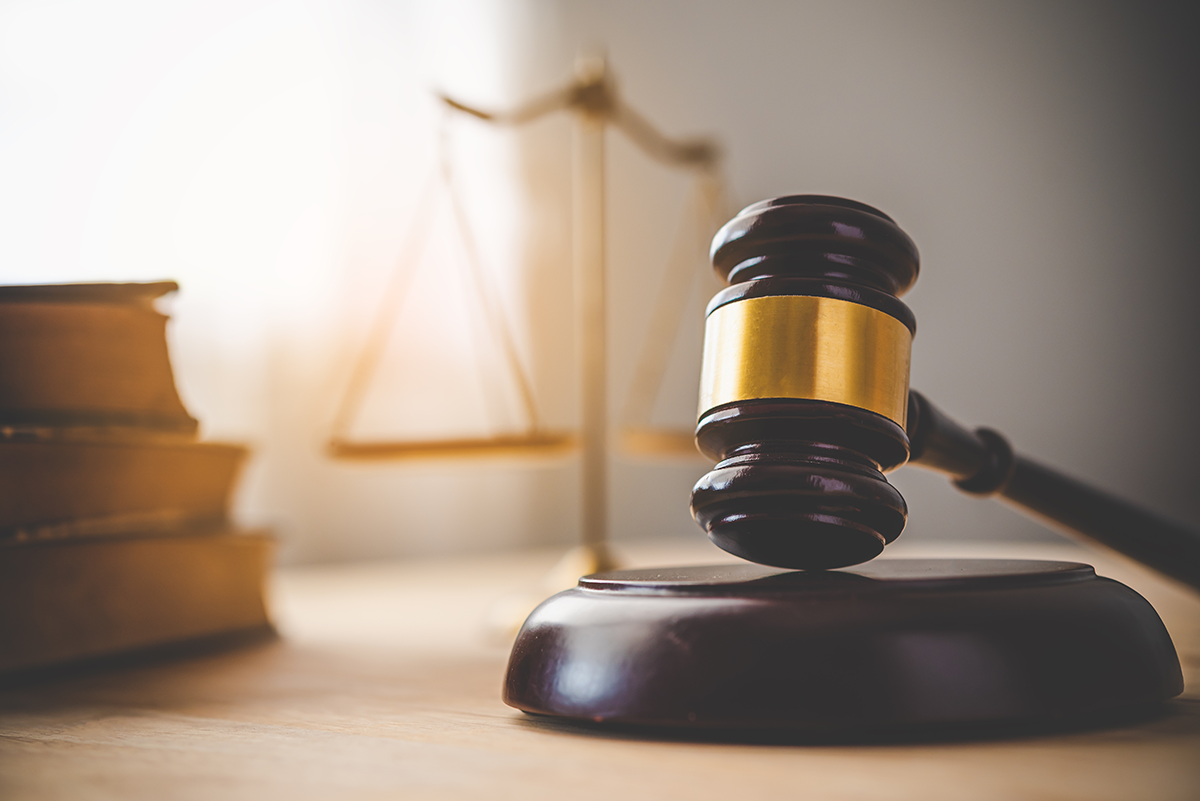DRC’s Trading Assistance Staff recently handled a consultation from a receiver regarding an FOB transaction where a government inspection was requested on the same day the load arrived. The load arrived on a Friday afternoon, and the inspector arrived on Monday morning to perform the inspection. The inspection results indicated the product failed to meet DRC Good Arrival Guidelines by 1%. The receiver sent a copy of the inspection to the shipper and advised that they will be claiming damages.
The shipper replied to the receiver indicating that they would not accept a claim given that the inspection was performed 3 days after the product arrived.
We advised the receiver that by calling the federal inspection the same day the load arrived, they have followed DRC Trading Standards which requires that receivers request an inspection within 8 hours after the product arrives by land. However, the shipper was right by claiming that the inspection was not performed in a timely manner. An inspection performed two or more days after the product arrives may no longer provide an accurate picture of the quality or condition of the product upon arrival.
In the consultation that we received, the product failed DRC Good Arrival by only1%. It is likely that if the product had been inspected on Saturday rather than on Monday, the product would have met DRC Good Arrival Guidelines.
We understand the receiver’s frustration on the delayed federal inspection; however, the shipper cannot be held responsible for this situation either. On an FOB sale, the receiver is responsible for everything that happens to the product after the truck leaves the shipper’s dock, including getting things done in a timely manner even if these things are not under the receiver’s control.
So, what to do in a situation where a receiver becomes aware that an inspection is not going to be performed in a timely manner?
- Verify if it is possible to have a government inspector work overtime to arrive within 24 hours. While this may result in additional fees, or they may not be available, it is worth trying.
- Contact the shipper. Let them know what is happening and suggest getting a private inspection performed. Even if the shipper refuses to agree to a private inspection, we recommend that you call for that private inspection to protect yourself. Don’t cancel the government inspection. If the private inspection is similar to the results of the Federal Inspection taken later, you will have more evidence in your favor when you talk with your supplier to amicably resolve this matter.
- It is important to remember that all parties have a responsibility to minimize losses. If you must sell a portion of the load prior to getting it inspected, talk to the shipper about it. It is not in anyone’s best interest to leave the entire load unsold for an extended period awaiting a Federal Inspection.
Good communication between a receiver and a shipper can help avoid a dispute scenario like the one we were consulted on.



